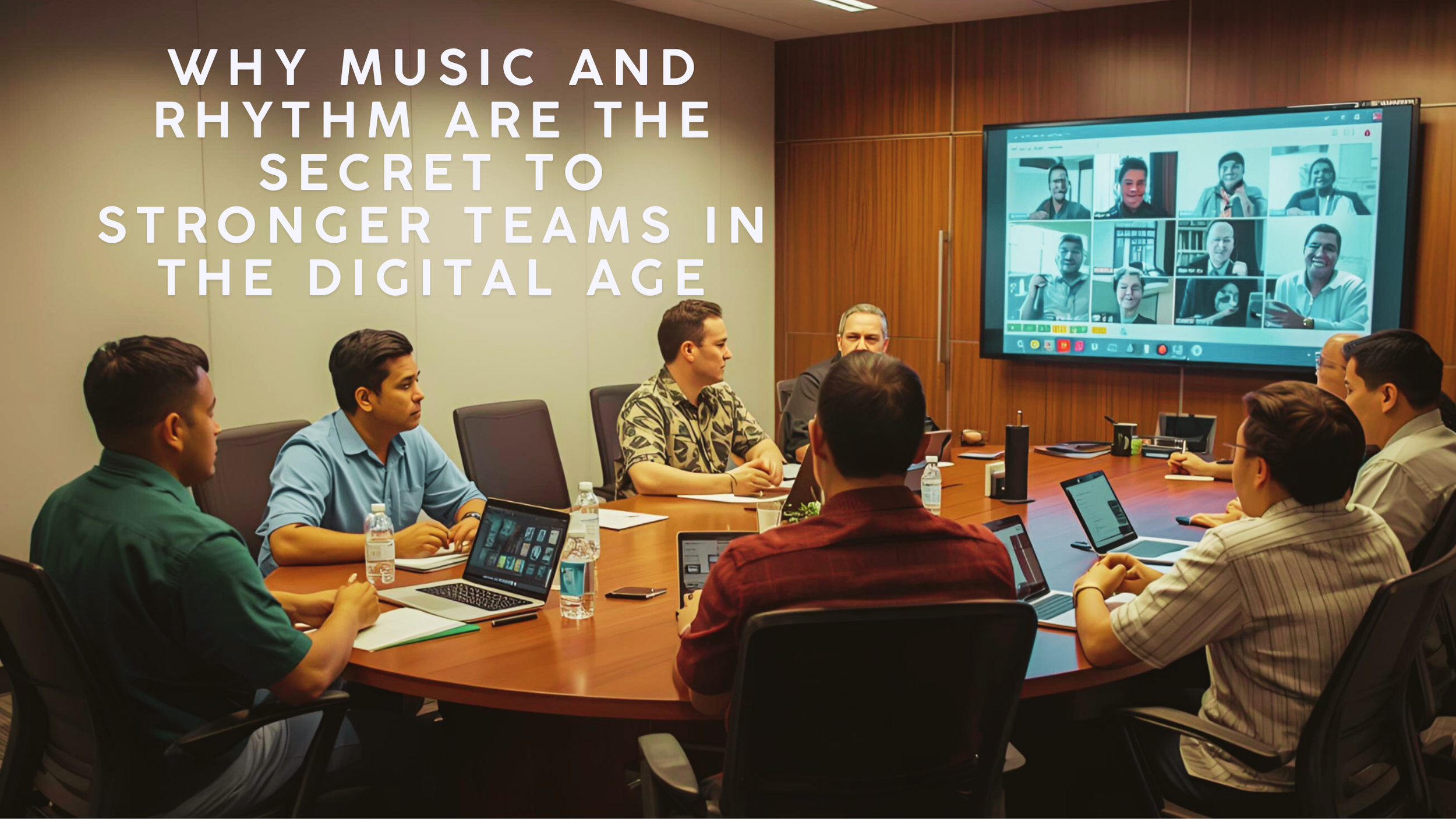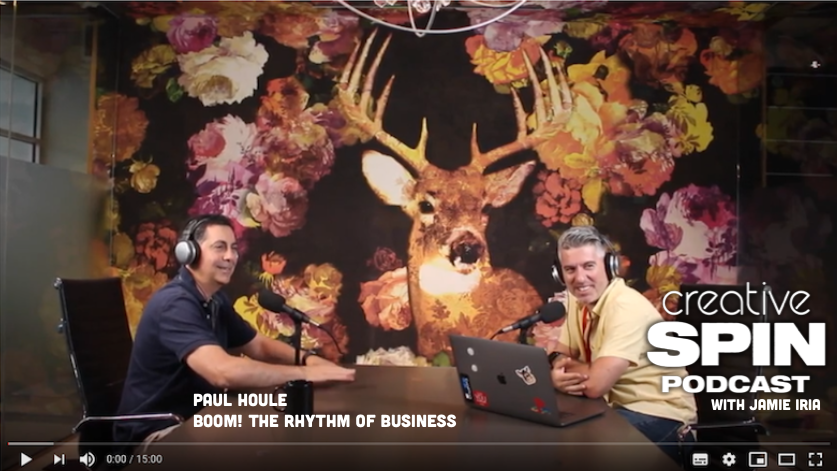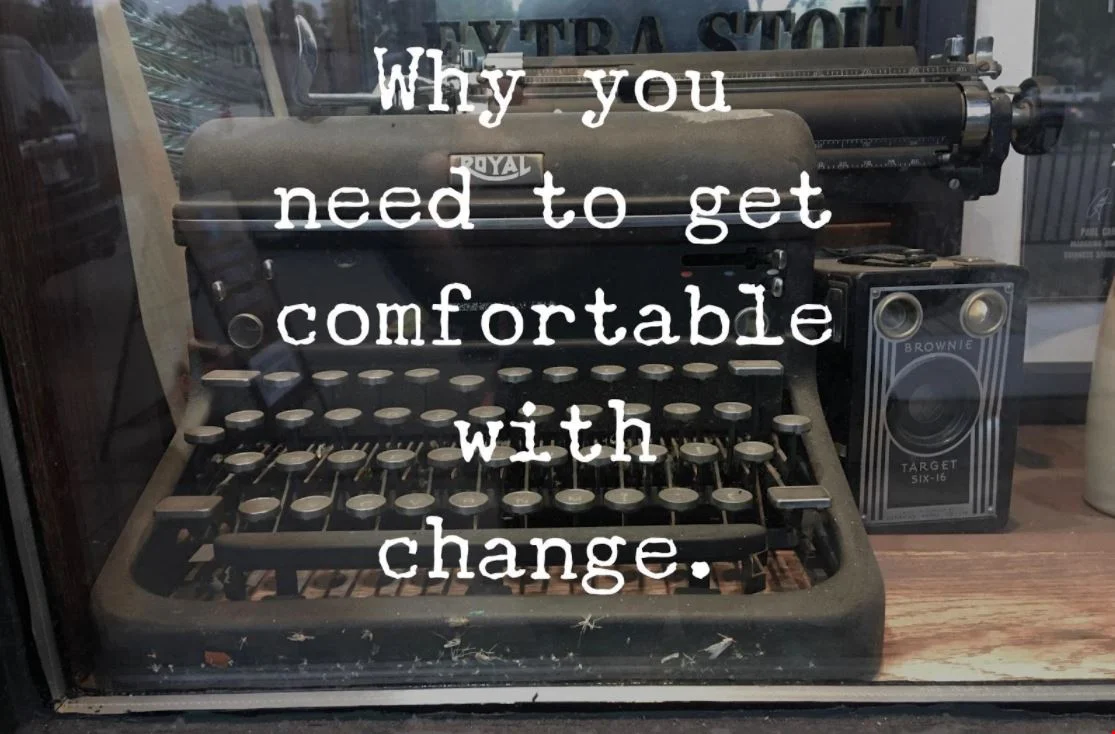
Popular Posts
Meet Paul
Paul is an expert at showing corporate teams how to be more unified and more collaborative. His proven team building program is guaranteed to bust through the silos as he shows your team how to be as unified as the players in a great orchestra.
A-list corporations have been using Paul’s team building program for almost two decades, his audiences include Microsoft, RBC, Goodyear, ING, Heineken, FedEx, PwC and P&G.

Final Post 2017: How to have better success at reaching your goals
Well, that’s it.
My final post of 2017.
I can’t believe I am saying such a thing.
Two years ago, I didn’t even have one post, and when the idea was suggested to me that I start blogging, I found the thought over-whelming.
I remember thinking to myself back then, “I’m a musician, not a writer”. I can’t write a weekly blog. Now it has become a regular part of my business, a regular part of my routine.
I’d be lying if told you I just sit down and pour out reams of excellent thoughts and ideas. It still takes work and lots of thinking. That’s because this blog is not just for me, it’s also for you. I really want it to help you in some way.
So in today’s post, I want to encourage you to do something you haven’t done before, something you might think is beyond you, something you’d like to reach for.
It’s at this time of year that we think about such things. It’s the time of year when we take stock and make plans.
Making plans is not always easy. There’s a lot that can get in the way but it’s usually one big obstacle - ourselves!
But there’s a way to use ourselves to overcome ourselves and here’s how…

What I learned about mistakes that you need to know.
It started when you were really young.
That fear of admitting you did something wrong.
It was always tempting to cover it up because you learned quickly that doing something wrong usually came with consequences. Most likely, you got a talking to at the very least.
Then there was school. You occasionally did things that were wrong at school, and now they were on paper.
They were called mistakes, and they were often circled in the dreaded red pen.
It makes sense that a test would sit in your bag for a few days waiting for just the right moment to be shown to your parents - when they were too busy to really look at it.
There’s never been anything fun about admitting your mistakes.
But making mistakes just might be the most valuable thing that we can do for ourselves.

6 things you need to combat chaos at work
I have spent a lifetime on teams --except I never called them teams.
The word “team” has a bit of a sports feel to it, and I was in the music world. So the “teams” I worked with were bands, ensembles, orchestras, theatre companies, quartets, and quintets.
Same idea though - they were groups – groups of people working towards a common goal.
Bosses, coaches, managers go to great lengths to assemble “teams” of people that they think will win, i.e. bring in the most profits, make sales, solve a problem, help them reach a goal.
But we know that despite the best efforts of those folks, not all teams are created equal.
So whenever I come across one that is working really well, I like to explore how they do it.
Recently I came across a team that did do what they were supposed to do in a very unlikely part of the world and in a very challenging situation.

What you need to do to win at change
Everything I read on-line before I left home said not to do it.
Every local person I met when I was there said not to do it.
They all said the same thing, “If you weren’t born and raised here, don’t drive here”.
This is all that was going through my head as the day came when we were going to pick up our rental car.
I had already been in Sorrento, Italy for 4 days, watching, examining, trying to find the secret of their traffic flow.
I did my research from the sidewalk or within the safe confines of a car complete with a hired driver when we were on an excursion.
With him at the wheel, I saw large tour buses shave by on the beautiful yet treacherous Amalfi coast. I observed Vespa after Vespa appear and disappear beside us like mosquitoes buzzing past our ears as we wormed our way through the constantly winding roads. Stop signs were merely suggestions as traffic seemed to mix together like water merging from different streams.
These were the thoughts going through my head as I sat there signing the forms linking my credit card to the responsibility of my driving this car. Extra insurance, she asked. Yes, I nodded.
Yup. I was worried. I had anxiety. And then she gave me the keys.

It’s a great time of year to build trust at work
Happy New Year! Well sort of…
I think it safe to say that this time of year has a new-beginning feel to it.
In some ways, it’s even more obvious than the official New Year, which is more about a date changing on a calendar.
For most people, this time of year is about things starting again. Our weather can start to turn, the leaves begin to change colour, the air starts to feel a little different, and my favourite thing… school starts again.
But this is the best one: You and the people you work with have had a bit of a break.
You and the people you work with have had a chance for some renewal, a chance for some re-vitalization, re-invigoration, have taken the time for a bit of a pause and reset, have perhaps taken some time for reflection.
That why this time of year is so great for building relationships with people. It’s a great time to build trust.













